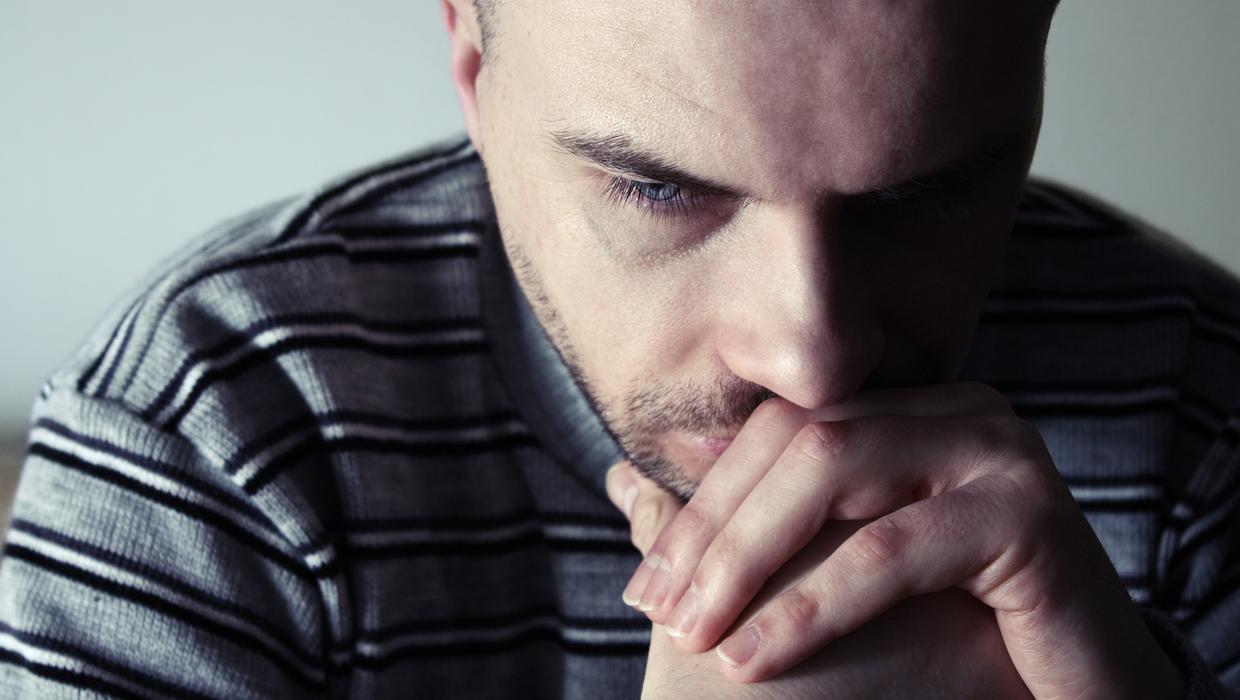
Q: I am normally a very happy, stable person but recently I have been going over mistakes I made in my past. Maybe it is the effect of lockdown — it started with dreams about old friendships that ended badly and moved on to things I thought I had long forgotten about.
hey are small things like stealing a bag of crisps once from a part-time job I had in college or cheating on a project for an important exam (something that was very out of character for me and was encouraged by one of the friendships that ended), to cheating on partners in my early twenties and so on.
I am a middle-aged man now and would never do any of these things but it is making me so anxious and I feel like I am a horrible person deep down. How can I make it stop?
A It sounds like you are torturing yourself. Do you feel lockdown has been the trigger for these past reflections? In that, have you had too much time to think? You are not the same person you were in your twenties. This is not a judgement; it is a fact. It is not wise or helpful to look back respectively with the years of experience you have now, and to pack on the guilt and shame retrospectively.
The purpose of guilt is to help us make better future decisions. From this vantage point it can be useful, however when reflecting back on robbing a bag of crisps, there are some things that perhaps you can let go off.
The biggest feeling is regret over cheating on things that you felt were important, so let’s work on those feelings.
I’ve actually been thinking recently about how I wouldn’t want to return to my twenties and how utterly lost, in one way, 20-year-olds are.
It is one big and small experiment after another, and as any good scientist knows, it’s more probable that not all those experiments work out. In your twenties, mistakes are made.
Life experience is normally an expensive lesson in every sense. In the school of life, as you learn what you feel is right and wrong, it is never simple or easy. It is because of this that you do learn, as it normally hurts or feels wrong.
If we start with the friendship that ended, from what you have written it seems one factor as to why it ended may have been because you weren’t comfortable with some decisions that you made and that you still regret, such as cheating on the project.
This is the function of guilt, to make you stop and ask the hard questions to try and make better future ones.
It is probable that you still liked your friend and that walking away from that friendship was immensely difficult.
Ask yourself now, would you change anything about how it happened or do you feel it was the right decision even though you know it may have hurt your friend? I am making assumptions and I don’t know.
What you need to do is to ask if is there anything you can do to amend this now? If not, can you accept that it is not as you would have liked things to end?
When there’s a sense of unfinished business, it is because we don’t like how things ended, things feel incomplete and messy; this unfortunately is true of life. What can be worked on is processing the messy feelings.
It is so easy to like a person but to still break the friendship if it is wrong. When I worked with heroin addicts, this was one of the most difficult parts as if the person tried to stay friends, they couldn’t get clean.
This is just an analogy but it is unfortunately true, that hard choices sometimes have to be made that you don’t like but ultimately are the right choices. That doesn’t mean it was not incredibly hard to walk away from people you really like and had a connection with.
Don’t let reflection turn to dejection. It sounds like you have fallen into a negative thought spiral that’s gathering momentum.
If guilt’s function is to direct your behaviour so that it is congruent with your own morals or life code, you can see that is helpful.
Shame, on the other hand, will get and keep you stuck. Shame loves to ruminate, chewing over things you are uncomfortable about, again and again.
I’m not trying to appease your guilt or placate your discomfort. But, how is thinking about the past like this helping you?
Write each time out, ask if there anything you can do to amend each situation. Sometimes the hardest part is accepting what feels unacceptable. Sitting with the discomfort and naming the shame is transformative. Shame lurks deep in our minds and it seems lockdown gave it the space to resurface.
Are you faced with any current situations where you are concerned that you could cheat? See if you can identify if something has brought this up for you.
Forgive your humanness, and be aware that internalising instances where you cheated in school or in the relationship were part of being young.
I wish there was support and guidance for such a tricky stage in a person’s life, because you are not who you are today and it is not only normal to make mistakes, but better than continuing upon the same path or doing it now.
Name the emotions, see if anything can be done, if not, working on forgiveness, acceptance and self-compassion would be the next restorative steps.
If you have a query for this page email allisonk@independent.ie
Irish Independent Supplement
